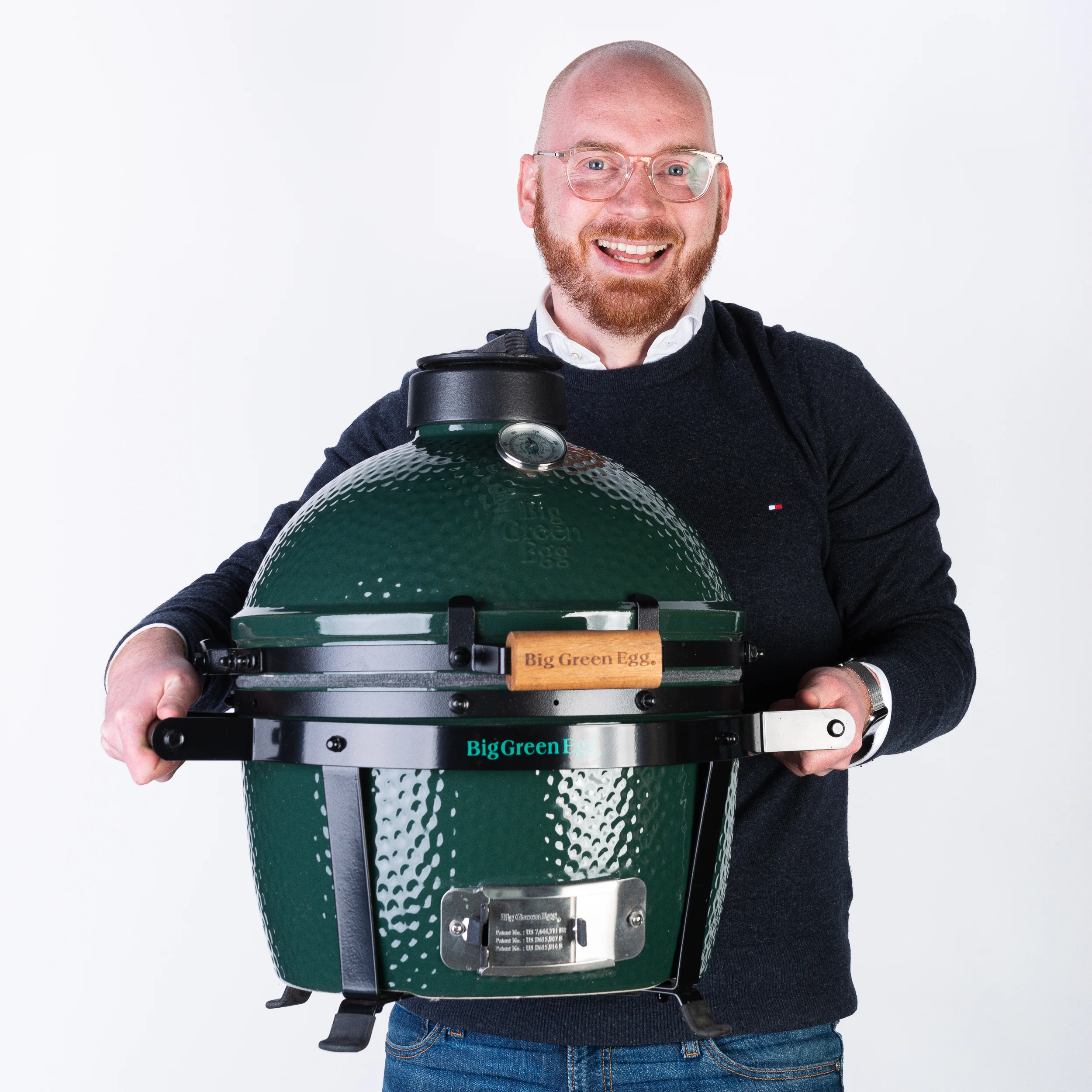A high risk of factory fires, working extra hours to survive, blocked emergency exits, a defective alarm system and all of this for a low - very low - wage. Would you sign? We are talking about the clothing industry. Well, only a small aspect of it, as we haven't yet talked about the result of this industry; clothes for which we trade lakes for deserts. I think we can conclude that the clothing industry is quite devastating.
Fast Fashion Kills
'I don't want to explain to my son that I had to burn clothes, only because it was cheaper to burn than to recycle them’, says Nicholas Hurenkamp, Benelux Agent for Attias Group. He once entered a clothing factory and saw a tag with 'green jeans'. Sounds good, he thought. Until he asked, 'What’s green about it?'. The answer? Not so satisfying.
Corporate Social Responsibility (CSR), Nicholas has been examining this topic for quite some time. He discovered that someone can easily add a 'green' label to a product, regardless of the production. Check this video and see how Nicholas began with real, green change.
The world is on fire
Nicholas has been working for big clothing brands for more than 20 years. After all these years, he draws two conclusions; the whole world is on fire, and he unintentionally contributes to this. In other words, there is just a lot going wrong when it comes to the clothing industry, and he no longer wants to be a part of it. A situation occurred, where it turned out to be cheaper to burn clothes than to store or sell them. The solution? Well, there isn't one on the spot. But better something than nothing, so Nicholas started with a small change, namely organic cotton.
Alright, there is a distinction between virgin cotton and organic cotton. Organic cotton is grown organically and thereby ensures a different impact. Preferably no pesticides and irrigation are used for organic cotton (only rainwater). While for virgin cotton, it's the other way around.
Second most polluting industry
According to Eileen Fisher (founder of her sustainable clothing brand 'Eileen Fisher'), the clothing industry is the second most polluting industry. The reason? Water consumption. 8,000 litres of water is used for one pair of virgin cotton jeans and for a simple T-shirt it’s 2,700 litres. Bizarre.
'2,700 litres of water is enough drinking water for 900 days' - NatGeo
Let’s be honest, it's easier to replace a piece of clothing than to repair it. Fast production, large volumes and low prices ensure that we stock a lot of cheap clothes. The result of our buying behavior and thereby water consumption? Take the Aral Sea in Kazakhstan. Well... 'sea', rather a desert. In a few years, the cotton industry completely dried up the Aral Sea. Fish are replaced by camels and the vegetation is almost gone, causing locals to become malnourished.
Incentro X Nicholas
At Incentro, we clench our fists. Together with Nicholas, we strive for change. A sustainable collaboration because we receive sweaters from organic cotton and Nicholas receives help in the development of a sustainable application. This application gives retailers insights into how many natural resources they use and how they can make better choices in their production. Commercial yet responsible. Sounds good right? This way, we can enact change together.
A devastating clothing industry, no no ... we are devastating this clothing industry.
Let’s embrace change.

